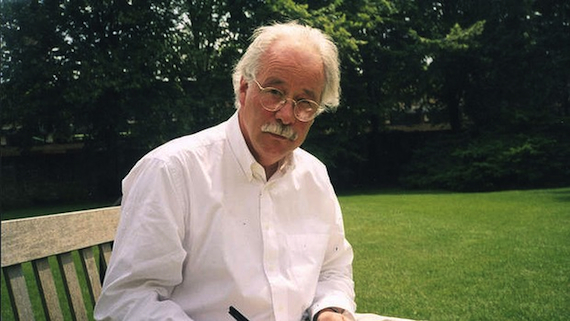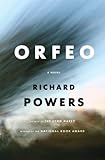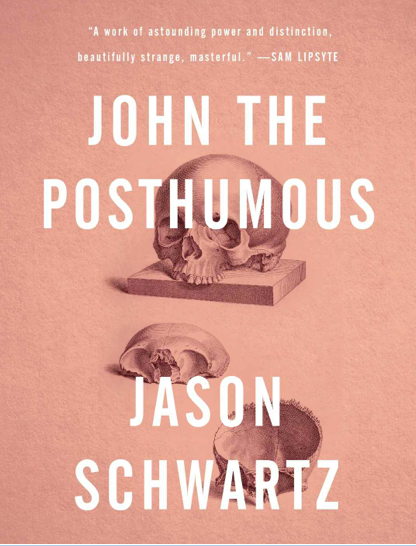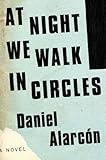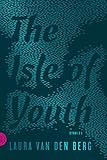
Hot Beats and High Genre: Submergence by J.M. Ledgard
High genre is fiction that allows you to investigate an individual text, because it is full of its own traits and merits, whether in its characterizations, its plot, or its prose. Regular genre, I suppose, is something you can only talk about as a family -- tracing the themes shared collectively among its members. High genre will always be vulnerable to the taint of its lower peers, because it shares the equipment, the same beats. This is why people are drawn to True Detective, and yet can accept assertions that it is just another dead naked lady show.


